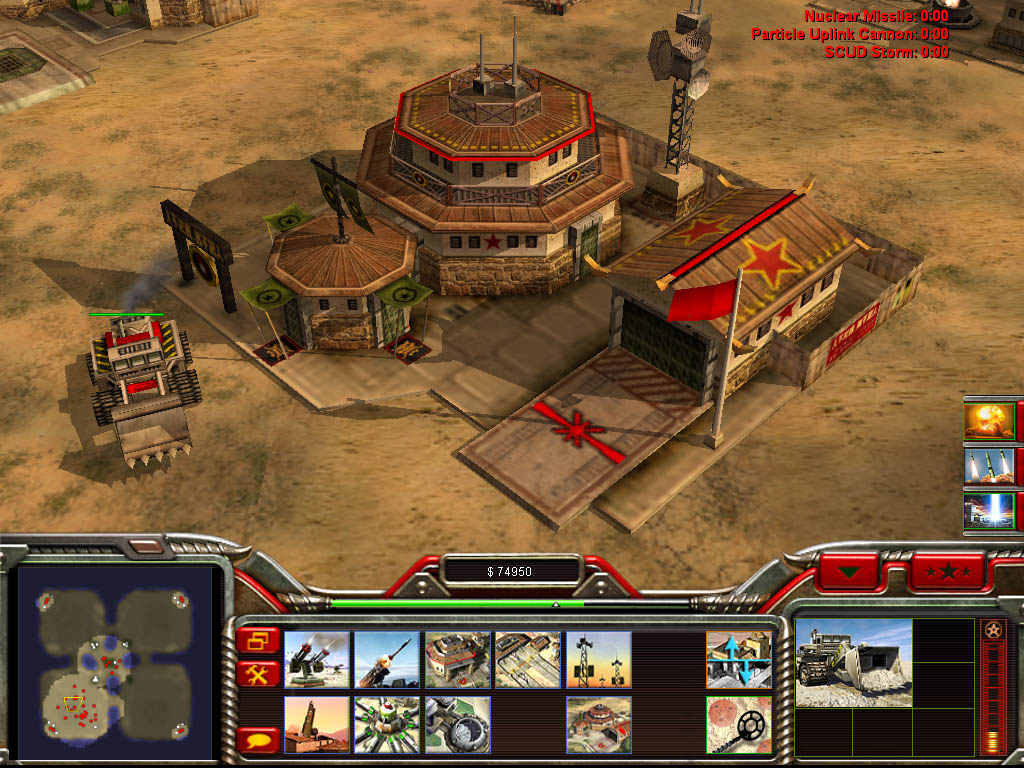Polite Email Ettiquet Samples
What guidelines and language should be used to write a polite reminder email. Ideally I would like it to be: Respectful Not too formal In particular I am thinking in terms of business,. How to write a perfect professional email in English in 5 steps. For example, if someone has a question about your company, you can say, “Thank you for contacting ABC Company”. Before you end your email, it’s polite to thank your reader one more time and add some polite closing remarks.
Although you may not use email to communicate socially as much as you once did, you probably still use it for professional correspondence. If you interact this way with your colleagues, boss, clients, and customers, and prospective employers, be sure to follow these six rules for proper email etiquette.
1. Mind Your Manners
Even in a world where we are rushing to get things done as quickly as possible in order to move on to the next task, take the time to use good manners in your email. Don't neglect to say 'please' and 'thank you.'
When addressing people you don't know well or at all, or with whom you only have a formal relationship, address them by their title and last name, unless they have asked you to do otherwise. For example, say 'Dear Mr. White' or 'Dear Ms. Grey.' If you are replying to an email and the sender of the original message has signed it with his or her first name only, then you can safely assume it's okay to address them in the same way.
2. Watch Your Tone
Tone is how you, as a writer, can express your attitude in an email message. It influences how it is received. You usually want to make sure to come across to the recipient as respectful, friendly, and approachable. You don't want to sound curt or demanding. Reread your message several times before hitting send.
When writing to someone with whom you've communicated before, begin by saying something friendly like 'I hope you are well.' While emojis may help you convey tone more easily, refrain from using them in professional email unless you are writing to someone with whom you have a very informal relationship. Never use them when writing to a prospective employer.
It is always considered poor email etiquette to write an email or a portion of one in all uppercase letters. It will make you look like you are shouting.

3. Be Concise
Busy people have neither the time or inclination to spend more than a minute reading an individual email. If you want to allow your recipient to read your message quickly—and still understand it—you must keep it brief.
Don't leave out pertinent details, however. Make sure your message clearly conveys your reason for writing it in the first place. Nobody saves time if you end up having a back and forth while you try to explain the details you omitted.
4. Avoid Using Texting Abbreviations
Polite Email Etiquette Samples Letter
Even though you want to save time, you shouldn't use texting abbreviations in your professional email. If you text a lot, as many people do, you may be accustomed to using a sort of shorthand to speak to your friends.
For example, you may use 'u,' 'ur,' and 'plz' instead of 'you,' 'your,' and 'please.' These abbreviations have no place in business correspondence unless the recipient is someone with whom you have a casual relationship.

5. Use a Professional Email Address
For messages related to your current job, always use the email address your employer assigned to you. However, you should never use it to send messages that are unrelated to your job, for example, if you are looking for a new one. Use a personal email account instead.
If you don't have a personal account, for example, the one your internet service provider provided when you signed up for service, get a free email account. Use Gmail or another service to set up an address that sounds professional. Don't use anything silly or suggestive. Your first initial and last name or your full name are appropriate choices.
6. Don't Forget Spelling and Grammar Count
It is imperative that you proofread your email carefully. Never neglect this critical step, no matter how busy you are. The things you want to be attentive to are correct spelling and proper grammar. In addition to spelling common words correctly, you also want to spell people's names right, including that of your recipient and the name of his or her company.
Be careful about relying too heavily on spell-checkers. They may not notice misspellings of words when used incorrectly. For example, a spell-checker won't flag the word 'to' in the sentence, 'I have to questions for you,' even though, in this context, it should be 'two.' Double check spellings you are unsure of by using a free online dictionary like Merriam-Webster.

- 1. Mind Your Manners
- 3. Be Concise
- 5. Use a Professional Email Address
